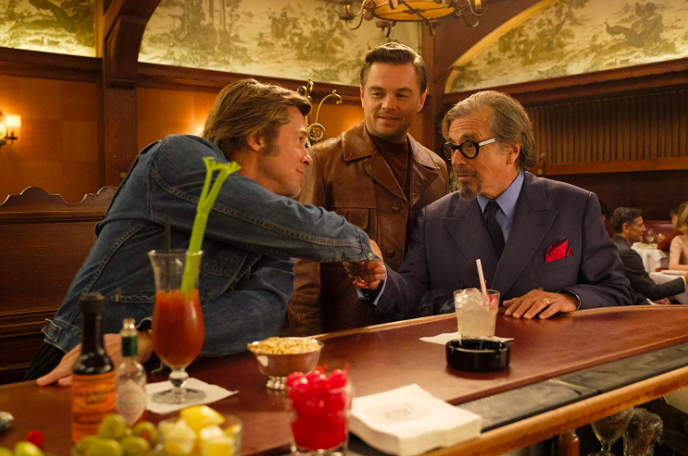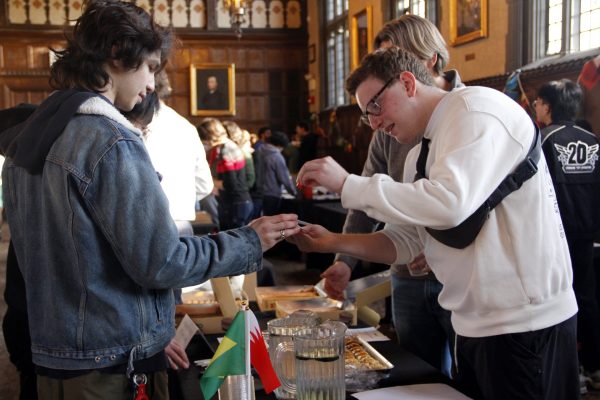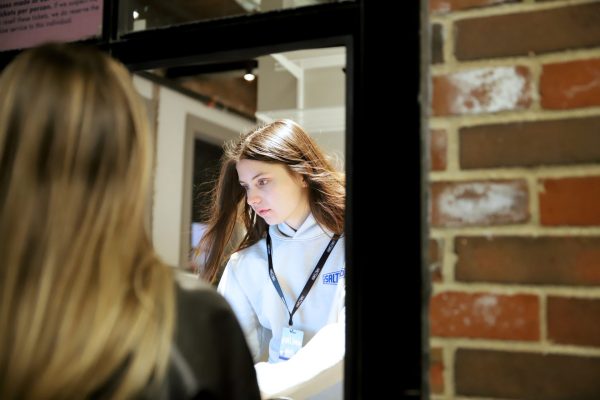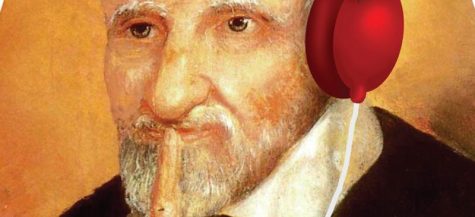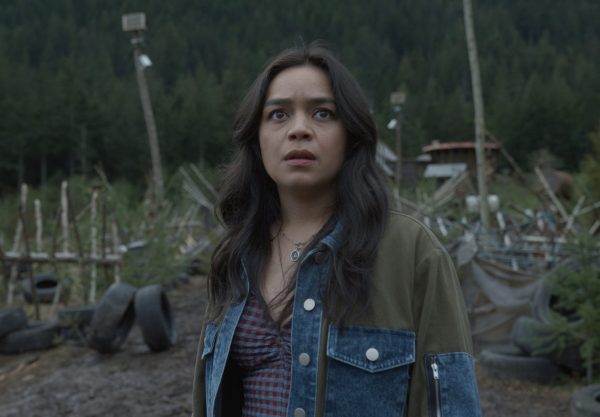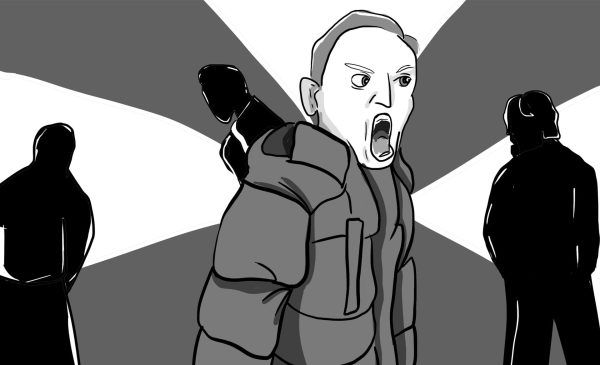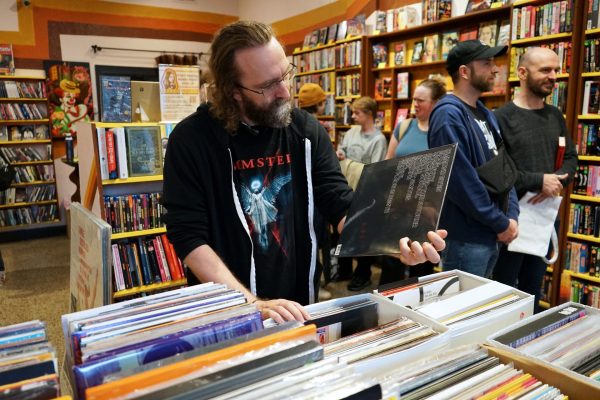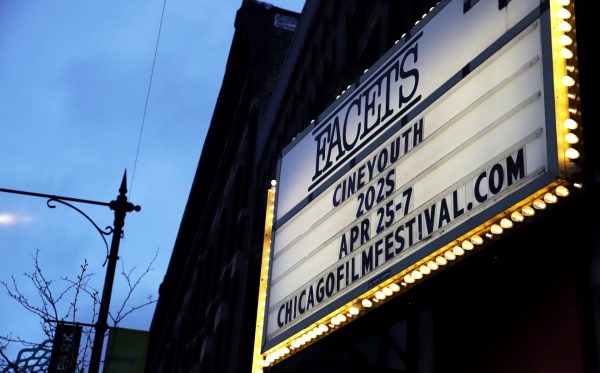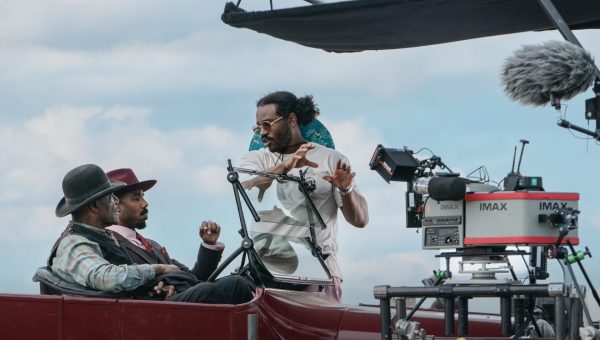‘Once Upon a Time in Hollywood’ explores struggles of being part of the entertainment industry
Quentin Tarantino has become a name associated with cartoonish violence as much as with critically acclaimed cinematic stories, whose characters feel so real, it seems like you could see one walking down the street. The director’s ninth film, “Once Upon a Time in Hollywood,” affixes itself to the latter, making for a fiction/non-fiction hybrid tale of melancholic nostalgia in late 1960’s Hollywood— a timeless story in a period where timelessness seemed inevitable, when really, it may have been the exact opposite.
The story — as convoluted and jam-packed as one expects a three-hour tale to be — chronicles Rick Dalton, a comprehensive mish-mash of Hollywood greats who are reaching the end of their hay days. Dalton strived as a Western genre titan, but with the times moving on as Westerns become a thing of the past, Dalton’s reputation and self-image take a beating as he realizes that he is becoming as irrelevant as his beloved genre. “I’m a has-been,” Rick says to his best friend and stuntman Cliff Booth, who, despite living in a trailer, appears much more confident and mentally well-off than Dalton. With DiCaprio and Pitt handling the roles of Dalton and Booth, respectively, it’s easy to see why this film is getting so much attention. But, it is not the actors themselves that make this such a joyride. Rather, it’s how they cement themselves into these roles, this time period and this adventure during a time when pop culture had to be grasped at with greater effort than today’s smartphone era ever requires.
To go too deep into the film’s plot would be making a ticket purchase fruitless, as this expertly-crafted script is one to experience with a fresh pair of eyes and ears. Tarantino explores the starstruck, falls from grace, the Manson murders and pop culture as a whole through his idiosyncratic cinematic lens of pure auteurism which, with Tarantino, is the right way to go about it. The inclusion of the Manson murders in the plot summary caught some eyes when the film was first released and, honestly, I didn’t know a thing about these controversial killings going into the film. Thankfully, the film makes this an introspective add-on to the commentary of pop culture rather than a primary focal point. The diligent subtly of the Manson murders shows just how illusively intertwined entertainment and culture, people and celebrities and representation and reality really are. It’s all just violence on screen to attract the masses, until its manifestation in your own reality paints a painfully real representation of it, something that the film’s blazing finale knows, with Tarantino practically winking through the screen, grinning as the audiences’ jaws drop — just as mine did.
The character of Rick Dalton is pessimistic about “hippies,” who have seemingly dominated late 1960s Los Angeles. Rick’s hatred of the popularization of “hippie” culture goes to show how out of touch he is becoming, or rather, has already become. Rick knows he’s a “has-been,” and his many cringe-inducing comedic mental breakdowns prove people’s dismissiveness of the new times approaching. They cling on to the past instead of planning for the future, with Rick’s clinging to the quickly-dating Western genre acting as a subtle personification of both a time and a figure. Rick Dalton is the movie star that faded away, and living next to the next-big-thing in the entertainment industry, Roman Polanski, makes this fact feel all too close to home. Yes, you heard that correctly. Rick lives next door to the hottest director at the time, Roman Polanski. Polanski happens to be dating the soon-to-be film star, Sharon Tate (Margot Robbie), who is as obsessed with the idea of fame than she is watching others realize her stardom. A scene of Tate watching her own film in a theater and paying peculiar attention to the audience’s reaction to her performance is an anecdote that reflects Hollywood egotistic values as much as it does the narcissism of current day social media; Tate was just one of the few who got to experience it before everyone else could.
Sharon Tate was a real person, but Rick Dalton was not. The movie’s meta-placement in the 60s, with a mix of fictional and real entertainment archetypes, makes this an uncanny environment of faded dreams and falsified representations that mirror the entertainment industry and pop culture of the past, present and, surely, the future. Tarantino has always been meticulous about how he plays with signs and signifiers in his films. Take, for example, “Django Unchained”’s use of Django, a slave, given the power of an outlaw, who were primarily portrayed by white men as protagonists in Western films. It takes something familiar and makes it fresh. “Once Upon a Time in Hollywood” is no different. It takes an all-too-familiar time period for Hollywood films and flips it on its back, and maybe even stabs it a few times. It’s an elusive mirage of the long-standing moral and humanistic struggles of being in the entertainment industry, one that seems to define every decade it spans, further proving Tarantino’s thesis of Hollywood and pop culture being truly unavoidable in its most dominant times, with that carrying over to generations who are blissfully ignorant that it could dominate their own.


